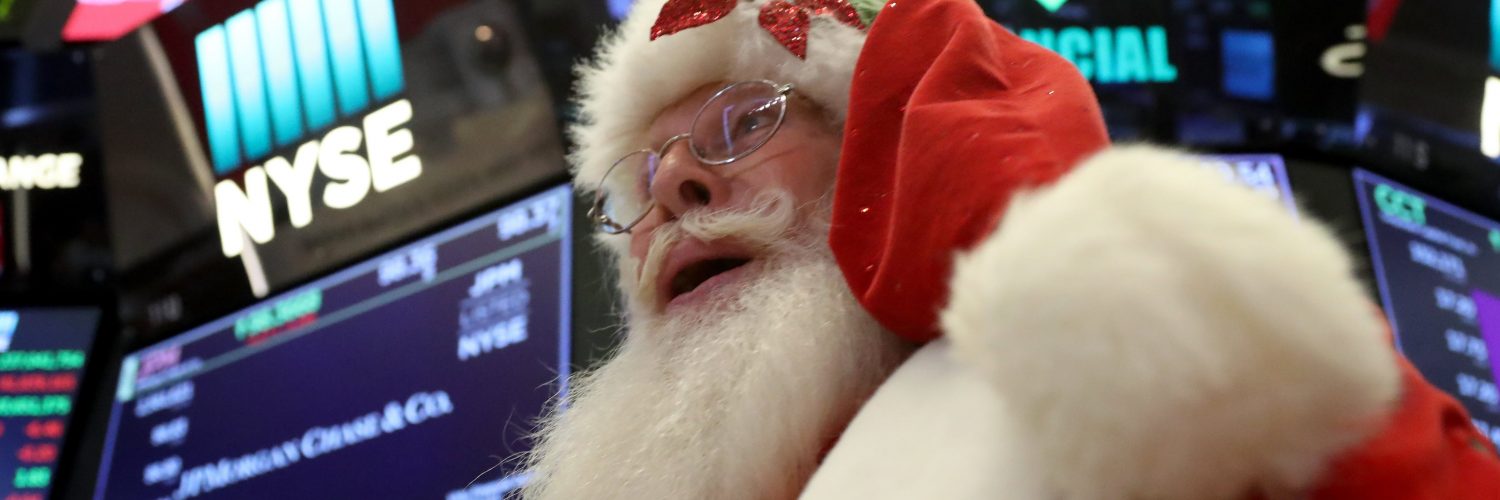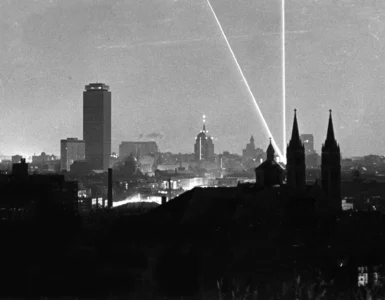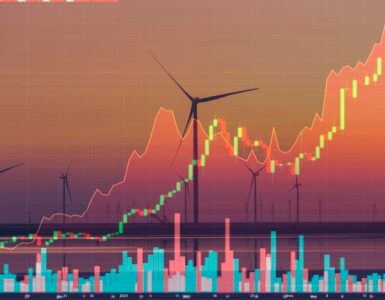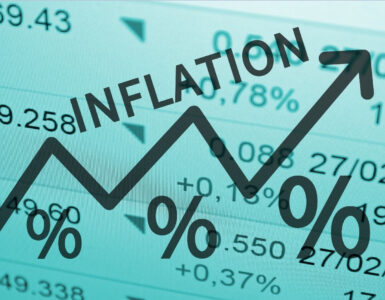There’s more to the Christmas rally than just December
The last week of December is a sluggish, eerie and fugue-inducing stretch of time where the days almost cease to mean anything — except to investors eagerly awaiting the arrival of a post-Christmas gift of high returns.
Even after December 25, the name “Santa Claus” still stokes the embers of expectation on Wall Street, and by all indications the effect still packs a punch. Monday’s price action saw the S&P 500 Index (^GSPC) scale to a fresh record, defying the mounting gloom of skyrocketing COVID-19 infections.
Breaking down the data, Douglas Ramsey, CIO of the Leuthold Group, found that the post-Christmas rally has produced an average S&P gain of 1.26% since 1972; since 2000, that gain has been even slimmer at 0.96%. However little those returns might look on paper, they dwarf the average 7-day S&P gain, which is a relatively paltry 0.19%, the investor found.
But what most people may not realize is that old Saint Nick — his predilection for milk and cookies notwithstanding — actually has a sweet spot for technology stocks. “Each year, the presents under the tree get more technologically complex,” Ramsey wrote in a research note last week.
While much of the year-end surge is focused on the broader market, Ramsey found that “the smart way to play the trend has been to bet on the NASDAQ rather than the S&P 500. From 2000 to date, the average Santa Claus rally for the NASDAQ has been +1.46% — and note that the ‘bubble-bust’ years of 2000 and 2001 saw especially large gains,” the investor said.
“Currently, we think the NASDAQ is in a very precarious position from both a fundamental and technical perspective. But on a horizon as short as the one that’s under consideration here, those worries are possibly irrelevant,” Ramsey added.
Also, one of the more arcane aspects about the Santa effect is how it bodes for the upcoming year. Sam Stovall, chief investment strategist at CFRA noted on Monday that three separate barometers presage January, and potentially the entire year.
Whenever the Santa Claus Rally spilled over into the first five days of January — and the remainder of the month — that creates an aphorism Wall Streeters call: “As goes January, so goes the year.” (Coincidentally, January 6 also marks “Three Kings Day” — an extension of the Christmas holiday for Spanish-speaking cultures).
“What typically happens when all three barometers record positive readings? It’s like hitting the trifecta at the local racetrack,” Stovall said.
And since 1945, “whenever all three barometers were triggered, this “progressive prognostication” led to a 17.0% full-year price gain for the S&P 500 and an 88% FoA [frequency of advance],” Stovall said.
And if Santa’s visit had gotten derailed by Omicron, there’s ample evidence to suggest it would have put markets in a foul mood for the medium-term, and perhaps the entirety of 2022.
LPL Financial pointed out recently that since the mid-1990s, the Santa rally had only faltered six times. Of those instances, January was lower five times — and the full year saw a solid gain only once.
“Considering the bear markets of 2000 and 2008 both took place after one of the rare instances that Santa failed to show makes believers out of us. Should this seasonally strong period miss the mark, it could be a warning sign,” LPL Financial Ryan Detrick wrote last week.
To be sure, some of the gains we’ve seen in the last few trading sessions have been exaggerated by thin holiday volumes. However, that doesn’t mean the rally is all smoke and mirrors.
“We’re going to have a very strong January,” Navellier & Associates founder Louis Navellier told Yahoo Finance Live on Monday. “If we can rally on light volume, we’re going to get an explosion to the upside when the volume increases in January.”
Source: Yahoo Finance










